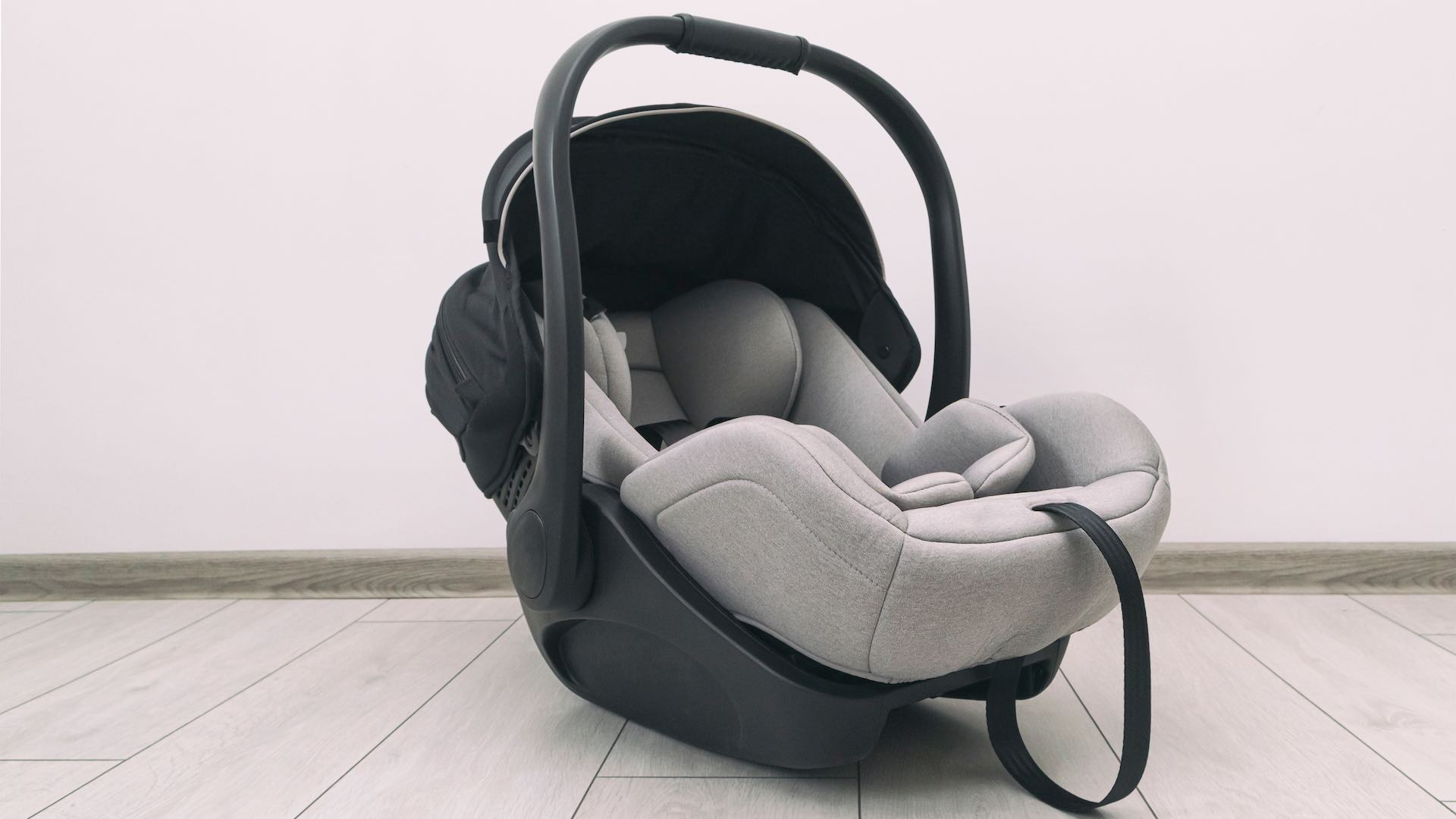When determining placement for a child in Wisconsin, the Court’s top priority will be to find what is in the child’s best interest.
While there is no set definition of what equates to a child’s best interest, it describes how the courts deliberate when determining what type of orders, actions, and services will be best for a child. It also refers to the Court looking at evidence to determine who is in the best position to care for a child.
What Does the Wisconsin Court Consider When Determining the Best Interests of a Child?
When the Court is tasked with determining the best interests of your child or children, some of the following factors will be considered:
- The parent’s wishes
- The child’s wishes
- How the child interacts with their parents, siblings, and other individuals who are in or impact their lives
- The amount of time each parent spends with the child and has spent with the child in the past
- How the child is adjusting to the community, religion, school, or home
- The age of the child and their educational and developmental needs
- The mental and physical health of all parties and the child
- The need for ongoing and meaningful placement
- If childcare services are available
- Cooperation between all the parties involved
- If one parent can support the other parent and their relationship with the child
- If the party engaged in some type of domestic abuse
Usually, the Court will order mediation between the parents before the matter is set for a hearing to determine placement. If mediation is unsuccessful, then the Court will likely appoint a Guardian Ad Litem. This person serves as an advocate for the child or children in question. Usually, the parents will split the cost of the Guardian Ad Litem; however, the Court can deviate from this if desired.
The Court is tasked with setting a placement schedule that lets the child have a regular and meaningful physical placement with both parents, maximizing the total amount of time a child spends with both parents.
Physical Placement in Wisconsin
Physical placement is defined as where a child lives each day. The parent named in a physical placement order has the right and the responsibility to make (for the duration of the placement) day-to-day decisions related to a child’s care.
Common Questions About Physical Placement in Wisconsin
How can you ensure you will be given the primary placement of your child or children?
There aren’t any guarantees that you will be given the primary placement of your children when you divorce. This is only the case in exceptional circumstances.
The Court will weigh all the factors mentioned above to determine placement. While an attorney may provide you with their thoughts on how likely you are to receive primary placement of your children, this is just an opinion. If you find a lawyer who guarantees you a result in any placement or custody case, you should avoid using their services.
How do placement and visitation differ?
Usually, visitation will occur when a third party is allowed to spend time with a minor child or children. In Wisconsin, the third parties that may be awarded visitation include stepparents, grandparents, or significant others. Placement is the term that is used for parents when they are spending time with their children.
What factors will the Court consider when they award physical placement or custody?
When it comes to a child’s best interest, the Court will consider all relevant facts. Some of the factors that the Court will consider when it comes to placement and child custody include:
- The parent’s and child’s wishes are outlined through an agreement between the parties, the proposed parenting plan, or any other proposal submitted to the Court.
- The children’s wishes are communicated by the children themselves or by their assigned guardian ad litem
- The interrelationship and interaction of a child with their parents and siblings
- The total amount of time and quality time that each parent has spent with the child in the past
- If the physical or mental health of a party, the minor child, or any other person living in the household may impact the child’s emotional, physical, or intellectual well-being negatively
- The need for meaningful and regular periods of stability and predictability for the child
- The availability of private or public childcare services
- The communication and cooperation between the parties and if either party refuses to cooperate or communicate properly with the other
- If each party can provide support for the other person’s relationship with the child
- If there Is evidence that one party abused the child in some way
- If the person has a criminal record, evidence of abuse, or evidence of drug or alcohol abuse
If both parties receive a placement of 92 overnights or more, then it is considered a shared placement. While most child placement orders are based on total overnights, equivalent care will also be considered. An example of this is a parent who works the third shift but still cares for the child each day.
Protecting Your Rights in Child Placement Decisions in Wisconsin
As a parent, you likely want as much time with your child or children as possible. However, their other parent may feel the same. Because of this, it is smart to hire an attorney to help with child placement issues.
The right attorney will help you understand your rights and ensure you get the best possible outcome for your situation.
At Vanden Heuvel & Dineen, S.C., we understand child placement in Wisconsin. We are also dedicated to helping our clients with their family law matters.




